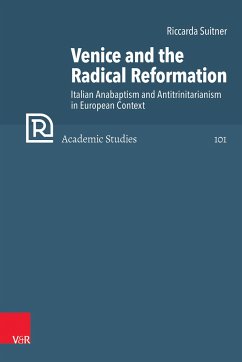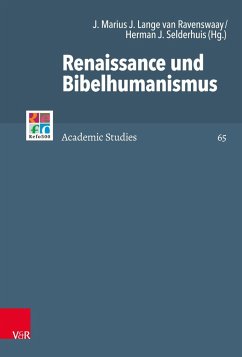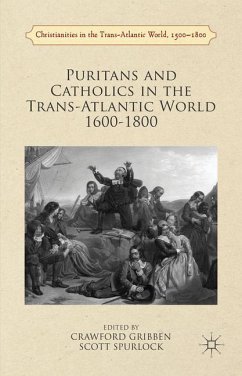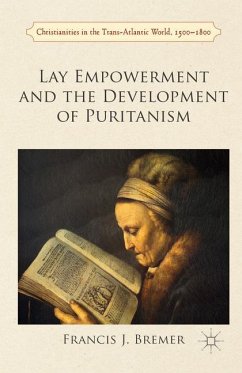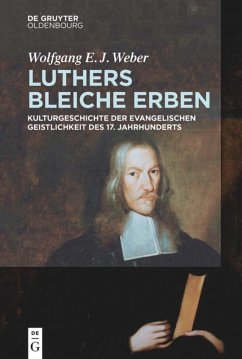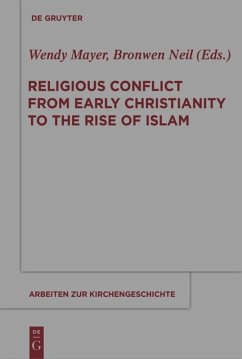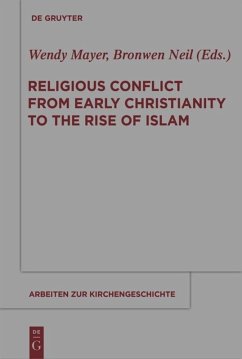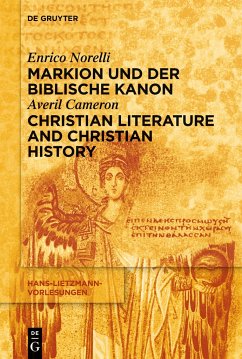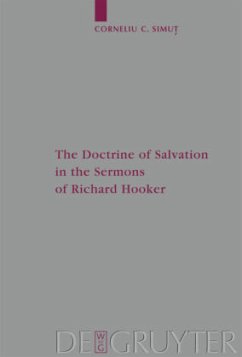Nicht lieferbar

An Ontological Freedom
The Origins of the Notion in Gregory of Nyssa and its Influence unto the Italian Renaissance
Versandkostenfrei!
Nicht lieferbar
This book explores the invention, significance and actual history of self-creative freedom from Late Antiquity to the Renaissance.Gregory of Nyssa, the great Cappadocian Father of the IV century, is not as yet deemed one of the outstanding figures in our Histories of Philosophy. However, this monograph argues that his remarkable theories of freedom transcend his own time and, traversing centuries of Medieval and Byzantine history, they become one of the core theoretical inspirations for the anthropological revolution of the Quattrocento, as evinced in eminent philosophers such as Nicholas of C...
This book explores the invention, significance and actual history of self-creative freedom from Late Antiquity to the Renaissance.
Gregory of Nyssa, the great Cappadocian Father of the IV century, is not as yet deemed one of the outstanding figures in our Histories of Philosophy. However, this monograph argues that his remarkable theories of freedom transcend his own time and, traversing centuries of Medieval and Byzantine history, they become one of the core theoretical inspirations for the anthropological revolution of the Quattrocento, as evinced in eminent philosophers such as Nicholas of Cusa and Giovanni Pico della Mirandola. Our research methodology integrates a thorough study of the Greek and Latin sources - resorting to Philology, Palaeography and Codicology - with a systematic historical and philosophical analysis of different theories and argumentative strategies.
Gregory of Nyssa, the great Cappadocian Father of the IV century, is not as yet deemed one of the outstanding figures in our Histories of Philosophy. However, this monograph argues that his remarkable theories of freedom transcend his own time and, traversing centuries of Medieval and Byzantine history, they become one of the core theoretical inspirations for the anthropological revolution of the Quattrocento, as evinced in eminent philosophers such as Nicholas of Cusa and Giovanni Pico della Mirandola. Our research methodology integrates a thorough study of the Greek and Latin sources - resorting to Philology, Palaeography and Codicology - with a systematic historical and philosophical analysis of different theories and argumentative strategies.




